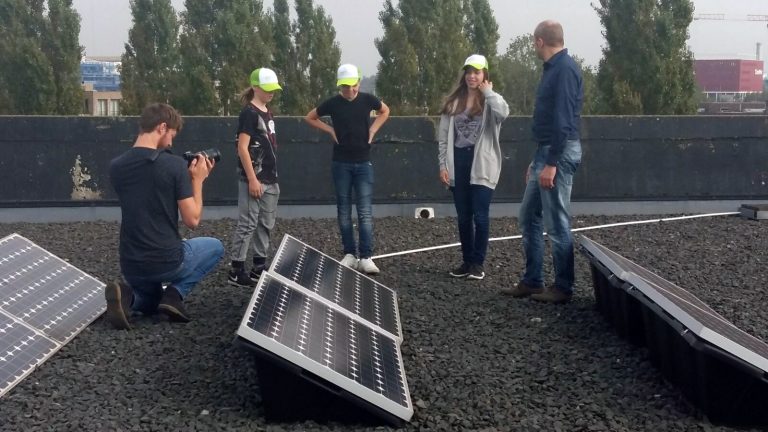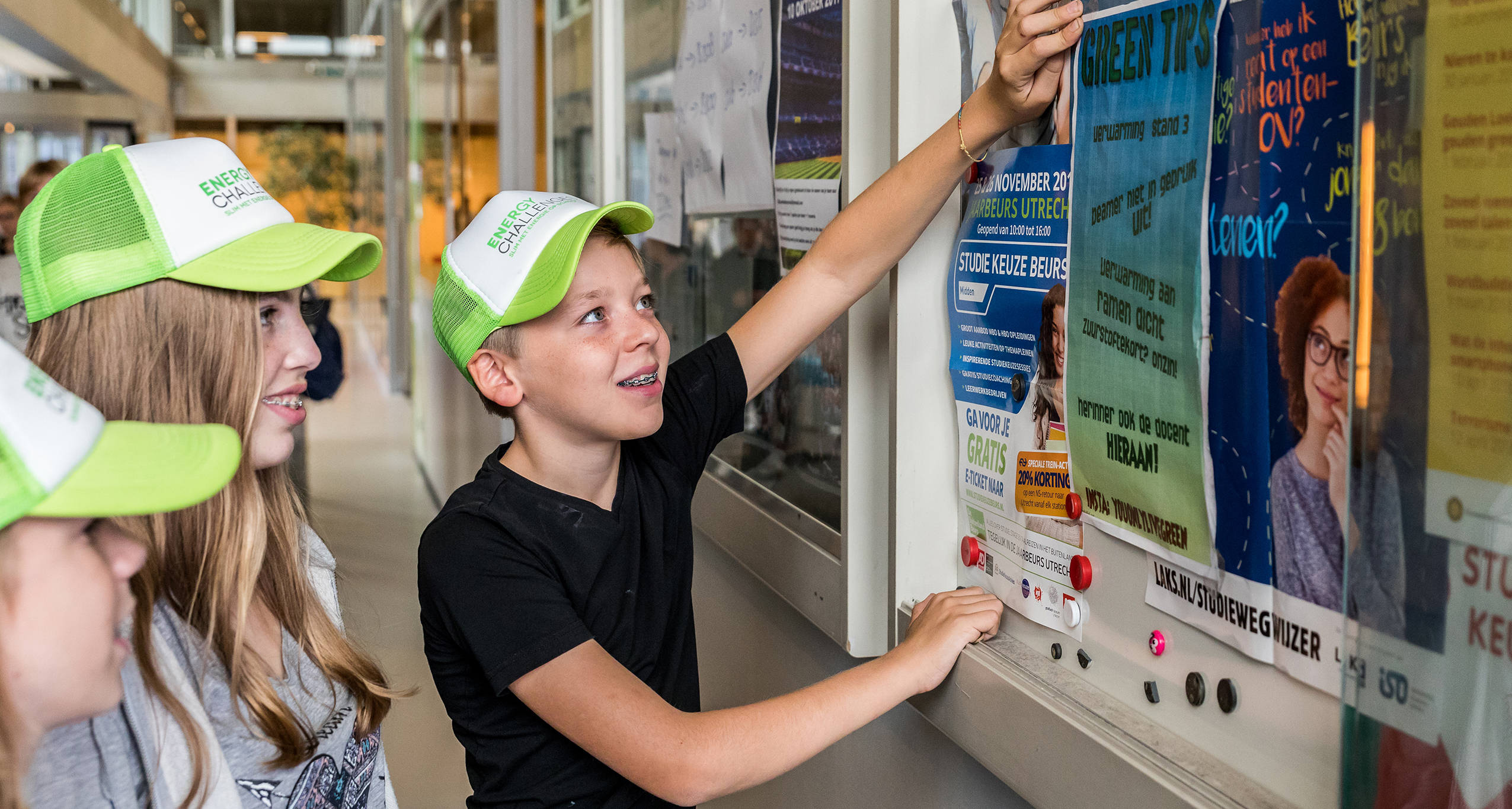The two year action research programme, ‘Schools as Energy Embassies’, is supported by RVO, part of the Ministry of Economic Affairs. The aim is to organise support to accelerate the energy transition.
When TPM researchers Dr Gerdien de Vries (psychology) and Dr Thomas Hoppe (public administration) explain their project, they list a multitude of organisations, project groups, consortia, and energy initiatives. Their base in TU Delft is the platform for social innovation in energy transition, which was founded with a symposium last year.
Professor Paulien Herder started the social innovation platform because she noticed that social and behavioural aspects of sustainability and energy are lagging behind scientific and technological research. Heat pumps, solar panels, energy-efficient buildings, and home-batteries all exist.
But what if people don’t accept new technologies or refuse to change their behaviour? What can be done to accelerate the energy transition from fossil fuels towards sustainable energy?
The Technotrend foundation and the environmental federation Energie-U have been working along the same lines. Last year, they introduced the Energy Challenges programme, developed by yet another foundation in 2011. The Energy Challenge website explains: ‘The programme is a Real Live Game in which students in schools work on energy saving. They’ll invent a campaign, take action to save energy in school, and involve as many people as they can. This programme will motivate them to push their limits.’
The TU Delft, Technotrend and Energie-U ‘School as Energy Embassy’ programme extends the ‘Energy Challenges’ programme by moving the focus from the students to the school. In the programme, students (5-30) will be appointed as ‘energisers’. The Energy Challenge website explains: ‘This team takes the lead in making the school and its environment more sustainable! During the campaign, teams will explore the wonderful world of energy, technology, and sustainability.’
Thanks to the RVO funding, research into this form of social innovation has now taken off.


In 2018, three schools (two in Utrecht and one in Amsterdam) are taking part in the programme. Researchers will be part of the intervention and call themselves ‘action researchers’. They will study the relationship between the measures taken, the level of knowledge among the students, and their attitude.
The results of the first year from very different schools, will be used to improve strategies for the second round of Energy Challenges in 2019 in which five schools will participate.
Dr de Vries expects that these schools will start saving energy and perhaps start generating their own solar power. But more important, she says, is the development of a blueprint stipulating how to create awareness (of energy issues), behavioural change, energy savings, and alliances with local parties.
RVO supports the ‘schools as energy embassies’ research, hoping the project will create not only energy awareness and energy savings, but also business opportunities and new energy jobs.
- As an example: Leaflet zon De Beiaard-2018.pdf
Gerdien de Vries vlogs on social innovation in energy transition.
Do you have a question or comment about this article?
j.w.wassink@tudelft.nl


Comments are closed.